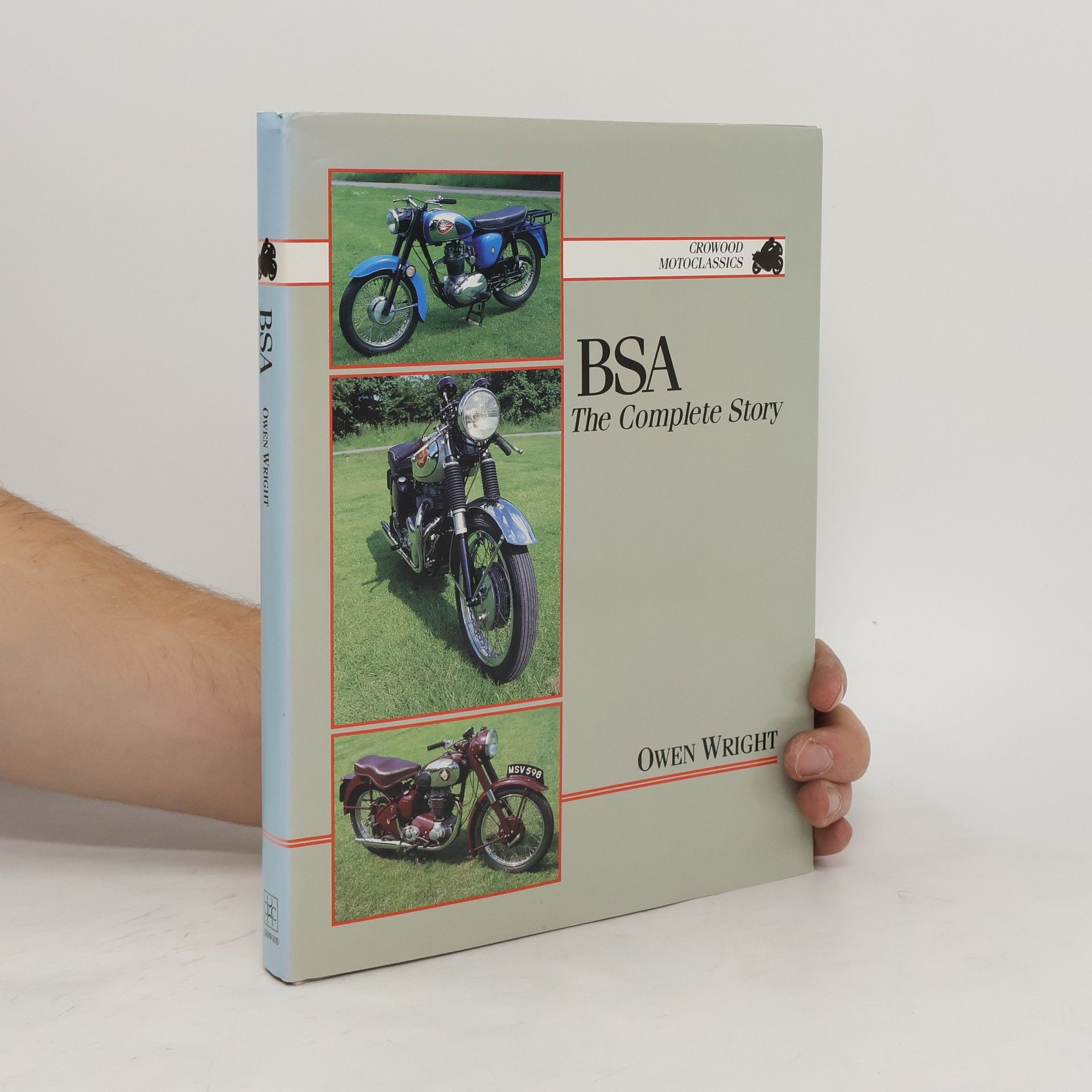BSA. The Complete Story
- 192pages
- 7 heures de lecture
Chronicles the story of BSA, its competition history and all the models it produced, including the household names, such as the Roundtank, Sloper, Empire Star, Gold Star, Bantam and Golden Flash.



Chronicles the story of BSA, its competition history and all the models it produced, including the household names, such as the Roundtank, Sloper, Empire Star, Gold Star, Bantam and Golden Flash.
The Safavid era, spanning from 1501 to 1722, is renowned for its significant contributions to Persian culture, particularly in architecture and art. Miniature paintings from this period often depict musicians, highlighting a rich tradition of music that played a vital role in court life. This book delves into the intricate relationship between music, art, and the cultural practices of the Safavid court, showcasing how these elements intertwined to create a vibrant artistic legacy.
This gut-wrenching memoir recounts the journey of one of Australia’s top surfers as he overcomes a life-threatening brain injury to win an Olympic medal. On 10 December 2015, Owen Wright entered the water at Pipeline, Hawaii, aiming for world champion status but instead faced a harrowing fight for survival and extensive brain trauma. Wright shares the lead-up to that day and the ensuing struggle to regain basic functions and compete at the highest level again. The narrative takes readers back to Wright’s childhood in the small town of Culburra, where his father’s unconventional methods aimed at raising champions shaped their family life into a boot camp. This relationship is complex, marked by admiration, the quest for independence, conflicts, and reconciliations. Wright's story is a poignant exploration of family dynamics and competition, raising essential questions about parental duty, the line between bravery and folly, and the sacrifices made for loved ones. With endorsements from esteemed figures like Mick Fanning and Liam Hemsworth, the memoir highlights Wright's fearless spirit and resilience, making it an inspiring account for anyone facing adversity in pursuit of their dreams.